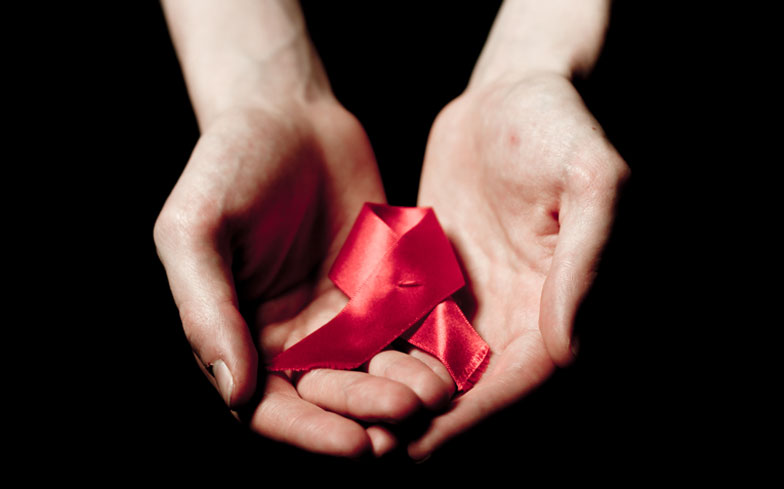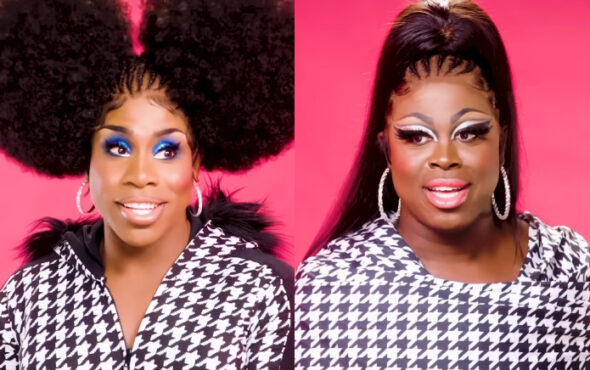
The global theme which UNAIDS have chosen for World AIDS Day is “Communities make the difference”.
This really touched me, particularly in light of how I overcame my own HIV diagnosis – which was through speaking to other HIV positive people and accessing peer support.
Communities of HIV positive people and third sector organisations in the UK helped to empower me to become the activist and writer I am today. It was grass roots community activism, which first offered a response when AIDS was diagnosed in the UK in 1981.
It is communities of HIV positive people and their allies who continue to campaign effectively for the social and public policy reform which we need so that everyone living with or impacted by HIV in the UK can lead a fulfilling life.
Communities are making a huge difference at a global, national and local level. As someone who is living with HIV I stand in solidarity with the other 37.9 million people living with HIV around the world. We have a common cause, a right for dignity, and must stand united in the face of stigma.
In the UK we are very lucky. Due to the hard work of third sector organisations, clinicians and activists, the UK is a global leader when it comes to HIV prevention, treatment and care.
Since 2016, it has been apparent that HIV diagnoses have been declining rapidly in the UK. Public Health England statistics show that there were 4,484 new HIV diagnoses in 2018. In 2015, new HIV diagnoses stood as high as 6,095.
The decline in HIV diagnoses has, however, slowed slightly. Between 2015 and 2017, an overall decline of 28 per cent in new diagnoses was recorded. HIV diagnoses fell by only 6 per cent in 2018.
Terrence Higgins Trust’s theme for World AIDS Day this year is “Zero HIV”. This reflects the very realistic target of achieving zero new HIV transmissions in the UK by 2030.
Terrence Higgins Trust and the National AIDS Trust have recently set up the world’s first HIV Commission. It is currently in the process of calling for evidence, from individuals living with HIV, patient groups, clinicians, third sector bodies and activists. It was announced last month that former Wales rugby captain Gareth Thomas will serve as a Commissioner on the group.
The aim of the HIV Commission is to incorporate as many viewpoints as possible and it reflects the community activism which has characterised the battle with HIV in the UK at its best.
There are some recurring themes which the HIV Commission will address. In the UK we have continuing rates of late diagnoses, with 43 per cent of people still diagnosed late in 2018.
When it comes to the prevention and treatment of HIV, huge disparities remain in terms of awareness between different communities and regions. For example, we’ve seen huge progress in reducing new HIV transmissions among gay and bisexual men, with a fall of 10 per cent recorded for this group (as compared to a national average of 6 per cent). But we need to ensure no one is left behind when it comes to HIV.
In 2018, HIV diagnoses fell by 12 per cent in London, twice the national average. This is a success story for London, but we need to ensure that regional areas are not left behind.
Gay and bi men are more likely to be aware of Pre-Exposure Prophylaxis, a pill which can be taken daily or on demand by an HIV negative person to prevent the transmission of HIV. We need more campaigns aimed at hard to reach groups, so that they too can experience the benefits of PrEP.
The HIV Commission will clarify the objectives for how we can continue to confront HIV in the UK and drive them forwards. HIV positive people in the UK and their advocates should take pride in what we, as a community, have achieved together.
The comparatively modest decline of 6 per cent in HIV diagnoses in 2018 does strike a cautionary note though. We cannot become complacent. In the UK we are making progress in the fight against HIV, but that fight is far from over.
To learn more about the work of the THT and the new HIV Commission, check out the THT website.
You can also follow Terrence Higgins Trust on Social media at @THTorguk and use the hashtag #ZeroHIV



